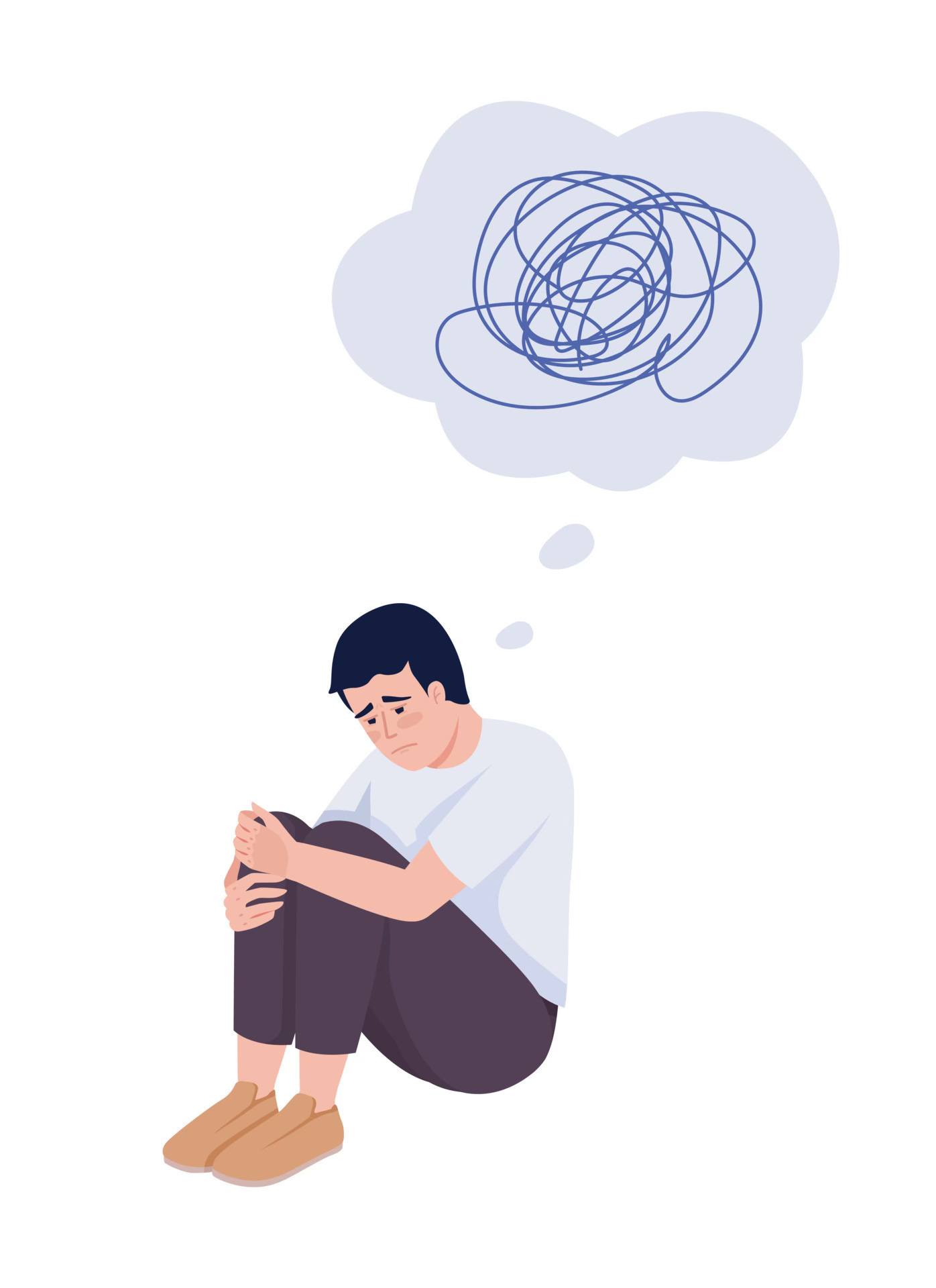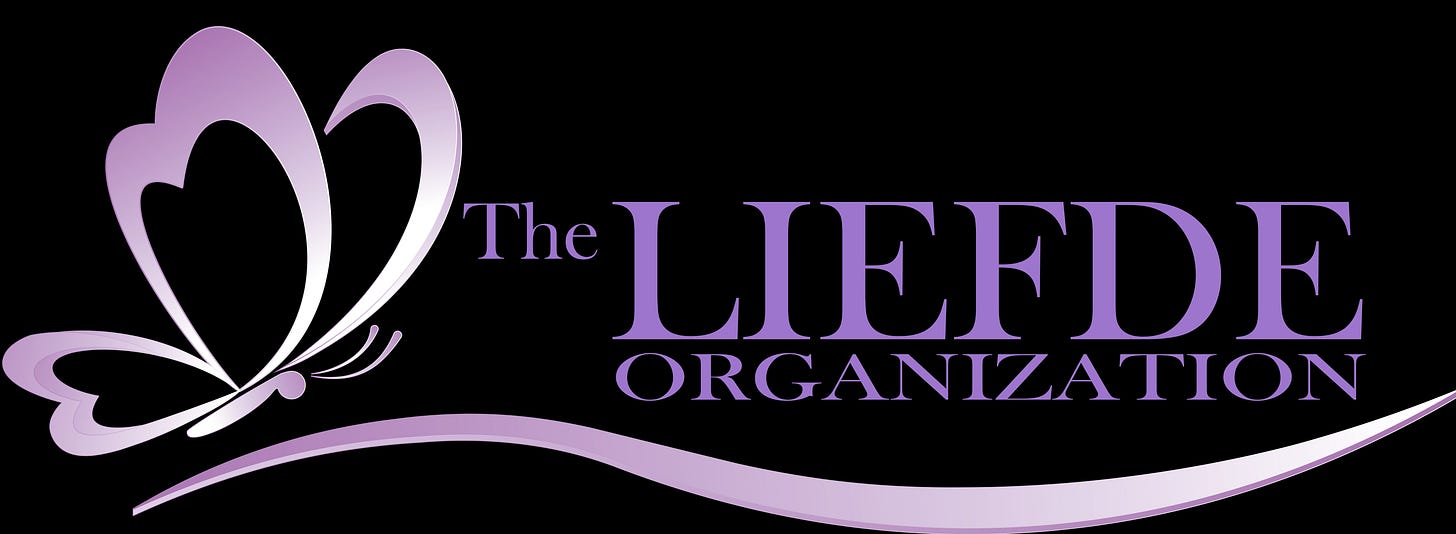From Invisible to Connected: A Clinical Guide to Urban Loneliness
How to Build Meaningful Friendships When You're New in Town and Starting from Scratch
Dear Dr. Barb,
I never imagined that at twenty-nine I would spend most evenings talking to my plants, yet that has become my entire social life. Six months ago I moved to a new city for a remote job and assumed a bustling place would come with built-in friends. Instead, I have never felt more invisible.
Most weekdays, I open my laptop at eight, close it at six, and realize the only words I’ve spoken were on Zoom. After work I stare at the group chat from my college friends back home and laugh at jokes I’m no longer part of. On weekends I drift through coffee shops, museums, and yoga classes, hoping a casual “Is this seat taken?” might lead somewhere, but every conversation fizzles out. Dating apps aren't much better—people sense I'm looking for genuine companionship rather than romance and the matches fade. A voice in my head insists that everyone already has their circle and there’s no room for me.
The loneliness is starting to bleed into my sense of worth. I’m afraid I’ll either forget how to be around others or discover there’s something fundamentally wrong with me. So I’m writing to ask: How can I turn polite exchanges with neighbors or baristas into genuine friendships without seeming awkward or needy? How do I enjoy the solitude that does feel restorative without slipping back into the kind that hurts? When plans fall through, is there a way to stop the self-critical spiral in my head? Would group therapy or social-skills coaching be a reasonable step, or is that too extreme? And finally, how can I tell when ordinary loneliness has crossed into clinical depression, and what should I do if it has?
I’m introverted, but I also know I want community more than anything right now. Any roadmap you can offer would mean the world.
Sincerely,
Alone in a Crowded City
Dear Alone in a Crowded City,
Thank you so much for reaching out to me. I hope I can provide you with several techniques to help you start combating these feelings of loneliness. Let's start by acknowledging that what you describe is painfully common in our hyper-connected, under-bonded era. Loneliness isn't a verdict on your likability; it's a signal, very much like thirst, letting you know that you need more social nourishment. Let's look at a roadmap that can help you achieve this as soon as this week.
From Small Talk to "Let's Grab Coffee":
Have you ever heard of the "Plus-One Rule"? It's a fairly simple tactic, and the skill improves with practice. Whenever you have a positive micro-interaction, add one sentence that invites continued contact.
Example: After grabbing your morning cup of coffee from the barista, instead of just saying the standard "thank you," you could try: "I'm new here and hunting for the best tacos... do you have any tips?"
If the two of you start connecting over the perfect enchiladas, you could follow with, "Want to check that place out Saturday?"
Keep in mind that when starting out, consistency beats intensity, and familiarity breeds rapport. This will help you feel less awkward or out-of-place. The barista may already know you, or other customers may have input and feel more inclined to respond because you are now a regular.
Scheduling Solitude vs. Social Time:
It's very important to recharge that social battery, especially since you tend to be more introverted. We can often feel a deeper sense of loneliness if we continue to put ourselves out there but feel we're not getting adequate social rewards for our efforts. It's important to schedule restoration time alongside social time. This will allow you to remain social, rejuvenate, and hold yourself accountable to certain social exchanges.
Example: Color-code your calendar:
• Green = restoration time
• Blue = social time
Aim for at least three blue blocks a week, even if only 30 minutes at a time. When you visualize the ratio of social time versus restorative time, it can help prevent accidental isolation or burnout from over-socializing.
Reframing the "Rejection Tape":
We often find ourselves in an endless loop of negative self-talk that causes us to retreat into our shells when we should be emerging from our comfort zones. Reframing the internal dialogue we have with ourselves into self-talk that promotes socialization and removes self-blame is crucial. If we don't interrupt these "rejection tape" behavioral patterns, we may spiral into territory that requires deeper psychological intervention.
Examples:
"Rejection Tape" Thought: "They already have friends."
Positive Reframe: "People's circles are porous."
Most adults are open to new connections and are often just as nervous to initiate as you are.
"Rejection Tape" Thought: When plans cancel: "I'm boring."
Positive Reframe: "Thursday didn't work for them; I'll suggest Saturday."
This reframe also supports factual neutrality, helping you avoid falling down the rabbit hole of self-doubt.
Group Therapy & Social Skills Coaching:
I'm so glad you brought up group therapy and social skills coaching. I don't think they're overkill at all. Group therapy is a double win in your situation; it provides professional guidance plus built-in peers who understand vulnerability. Social skills coaching provides structured practice in a low-stakes setting, which sounds perfect for someone who is new to town.
Examples:
Group Therapy: Search for group therapy sessions that focus on social anxiety. This will provide numerous new tools you can try when exploring all the city has to offer, plus potential new friends from the group.
Social Skills Coaching: "Improv for Anxiety”; a fun workshop using real-world situations to improve your in-the-moment social skills. This is a great icebreaker for building new bonds.
Loneliness vs. Depression:
There is a difference between feeling lonely and experiencing clinical depression. I would urge you to use the two-week rule that we clinicians apply during intake: If low mood, loss of interest, hopelessness, or changes in sleep/appetite persist most days for 14 straight days, that meets clinical depression criteria and warrants a professional assessment. With depression, early treatment; whether talk therapy, medication, or both—carries the best prognosis. I would advise that if you think you may be struggling with depression, seek professional guidance.
What are some key differences between loneliness and depression?
Loneliness:
Social Need Signal: Loneliness is an emotional cue that you want more (or deeper) connection. It usually eases when genuine social contact is restored.
Example: Wanting to continue that conversation with the checkout person because you felt connected and whole while speaking with them, causing you to crave this feeling of connection when you're alone.
Situation-Dependent Mood: Feelings of loneliness tend to fluctuate depending on whether you're in social situations or alone.
Example: You may feel fine while hiking with a group but empty later at home.
Cognitive Focus on Others: Thoughts revolve around belonging rather than global self-worth; however, pleasure in other areas of life often remains intact.
Example: Thinking "No one understands me" or "I don't fit in" rather than considering ways you might contribute to social exchanges. You may still take joy in a good book at home.
Depression:
Pervasive Low Mood or Numbness: Feeling sadness, emptiness, or emotional blunting that lasts most of the day, nearly every day, for at least two weeks and is not reliably relieved by social interactions.
Example: You awaken with heavy, unshakable sadness that follows you through work and even bleeds into your favorite band's concert, leaving you feeling detached and numb.
Loss of Interest or Pleasure (Anhedonia): Hobbies, food, music, and even close relationships may feel flat or pointless. Many people don't realize this indicates a broader shutdown of the brain's reward system.
Example: You're always excited for your favorite podcast to drop new episodes each Friday. Friday rolls around and you decide to go directly to bed after work instead of tuning in. The next day, you have no interest in what happened on the show, and this continues each week until you forget how much joy it once brought you.
Physical & Cognitive Changes: Noticeable shifts in sleep, appetite, energy, concentration, or psychomotor speed that accompany a mood drop. This can sometimes include thoughts of hopelessness or self-harm.
Example: In a morning meeting, you try to jot down a simple note, but your hand moves as though pushing through syrup and your words come out so slowly that a colleague has to finish your sentences. Later, the short walk to the parking lot feels like wading through wet sand, each step deliberate and heavy, taking twice as long as it usually takes to reach your car.
A Seven-Day Starter Plan:
Day 1: Sign up online for one recurring, in-person activity.
Day 2: Turn one micro-interaction into a mini-commitment.
Day 3: Spend ten minutes labeling and reframing three automatic negative thoughts.
Day 4: Schedule a one-hour block of chosen solitude and a one-hour block of planned social contact.
Day 5: Research local group therapy options and email one facilitator.
Day 6: Do a mood check; if symptoms meet the two-week rule, book a professional screening.
Day 7: Review the week's wins—no matter how small—and plot next week's steps.
Remember, building meaningful connections is like tending a garden; it requires patience, consistent care, and trust in the process. Some seeds will take root immediately, while others need time to grow. The fact that you reached out shows you already possess the most important quality I look for: the courage to advocate for your own well-being.
Your city is full of people who, like you, are hoping for genuine connection. By taking these small, intentional steps, you're not just opening yourself to friendship—you're offering the gift of your authentic self to others who need it just as much as you do.
You don't have to do this alone, and you certainly don't have to do it all at once. Start where you are, with what you have, and trust that meaningful connections are not only possible but already on their way to you.
With warmth and confidence in your journey,
Dr. Barb Ladd, PsyD
If you would like Dr. Barb Ladd, PsyD to respond to an issue you may be experiencing in your life, please email us at: info@liefdesaves.org. Your question could be featured in our next column.
©The Liefde Organization; 24-June-2025 (Barbara Jo Ladd, PsyD) All Rights Reserved.










